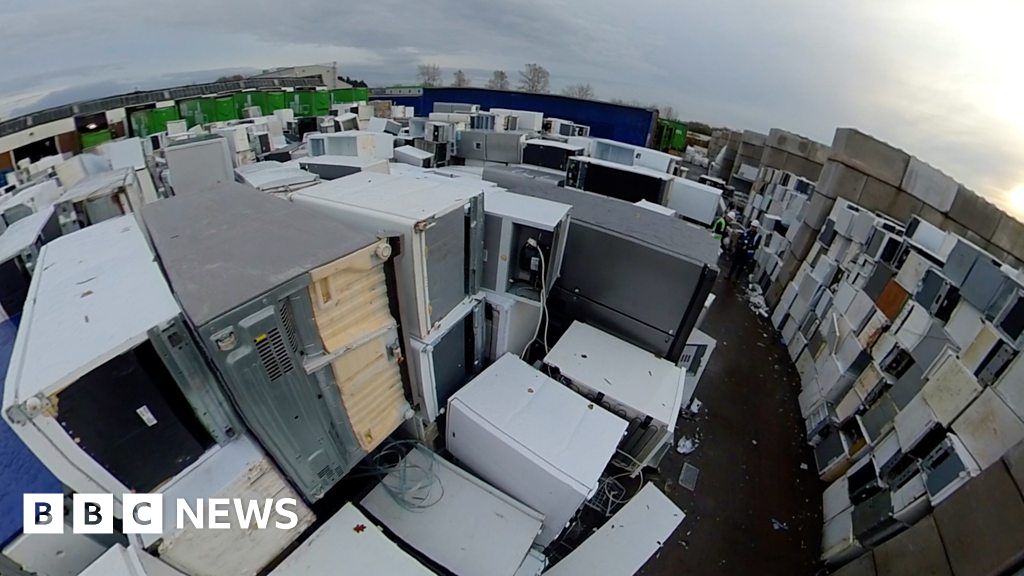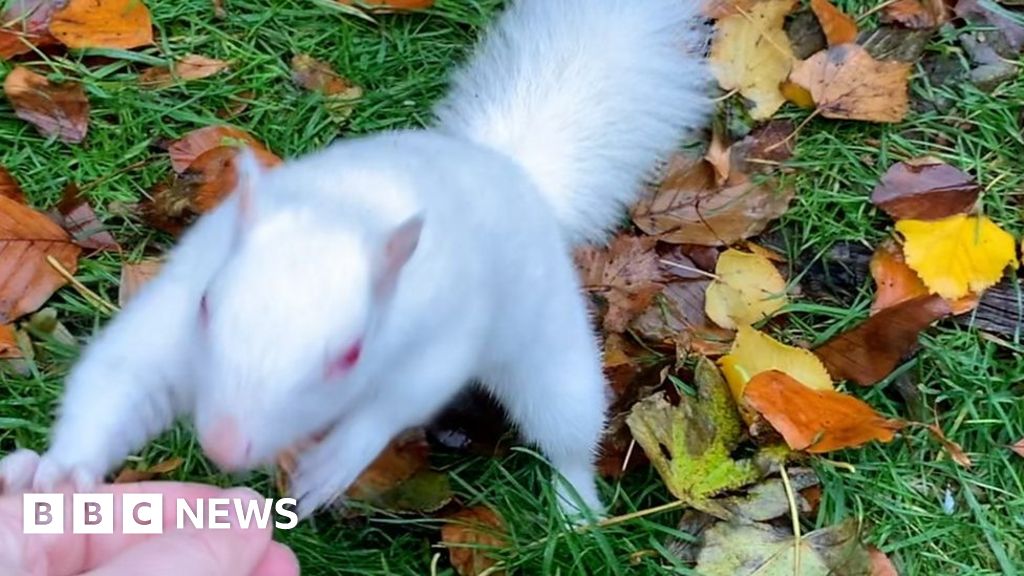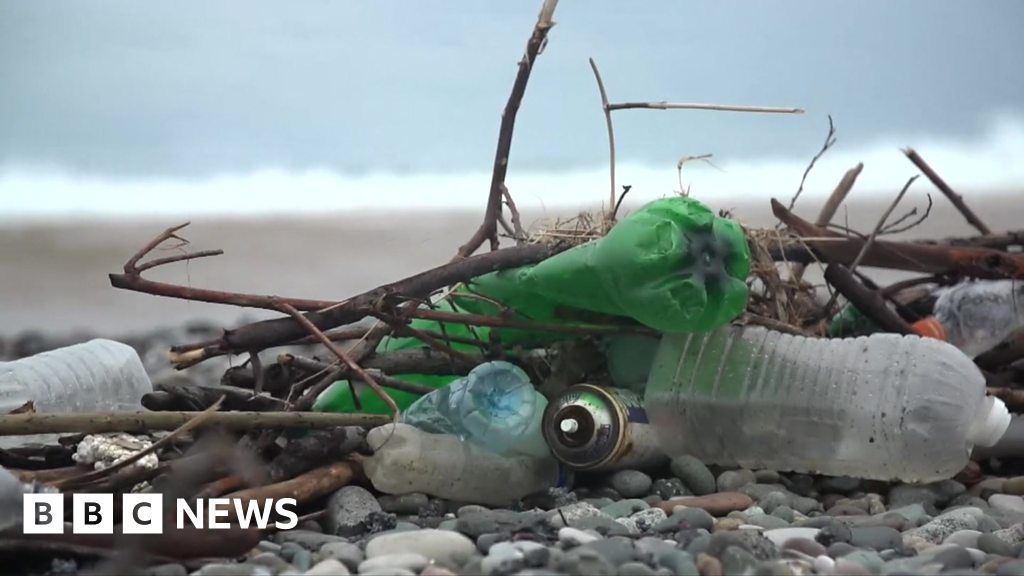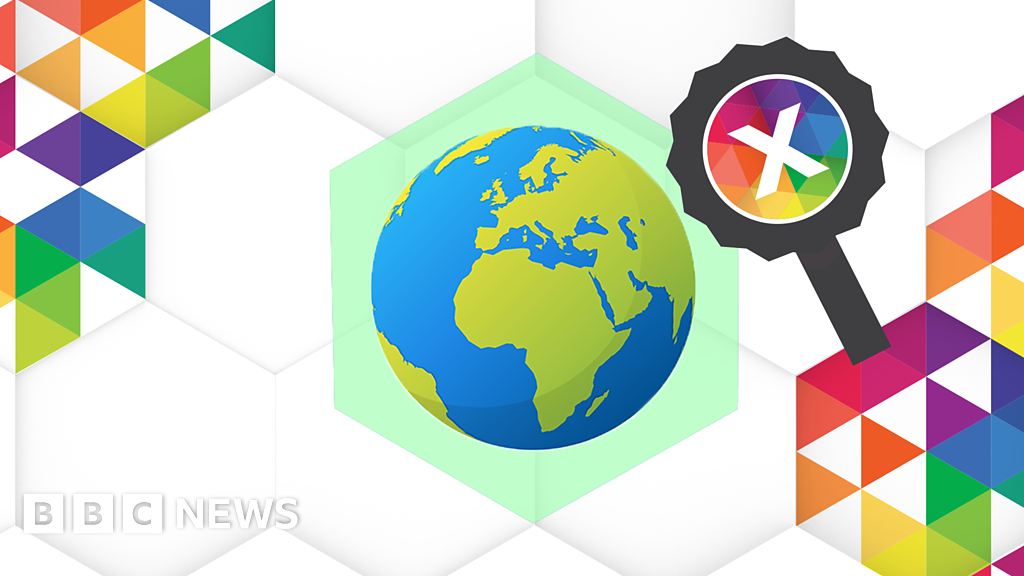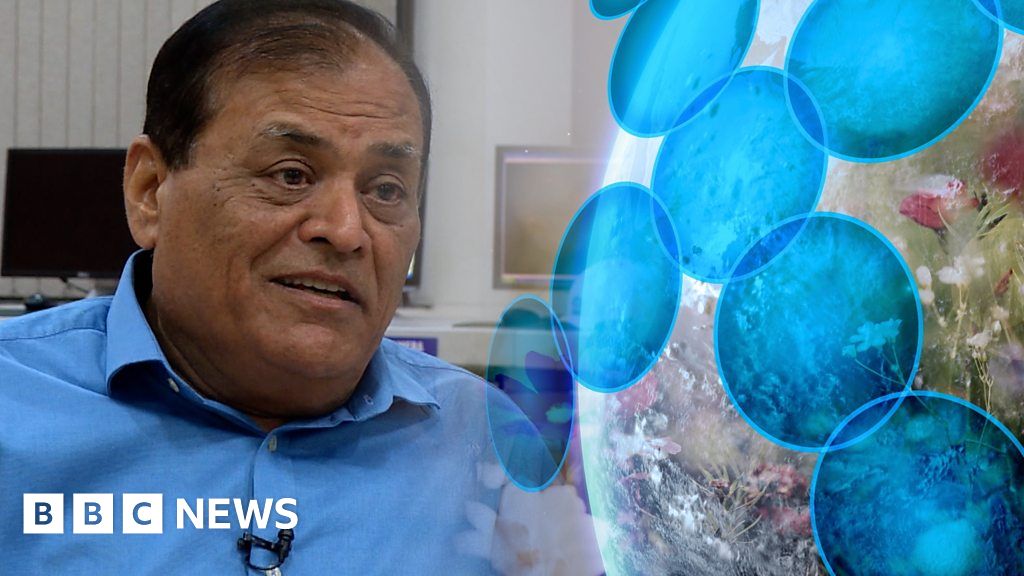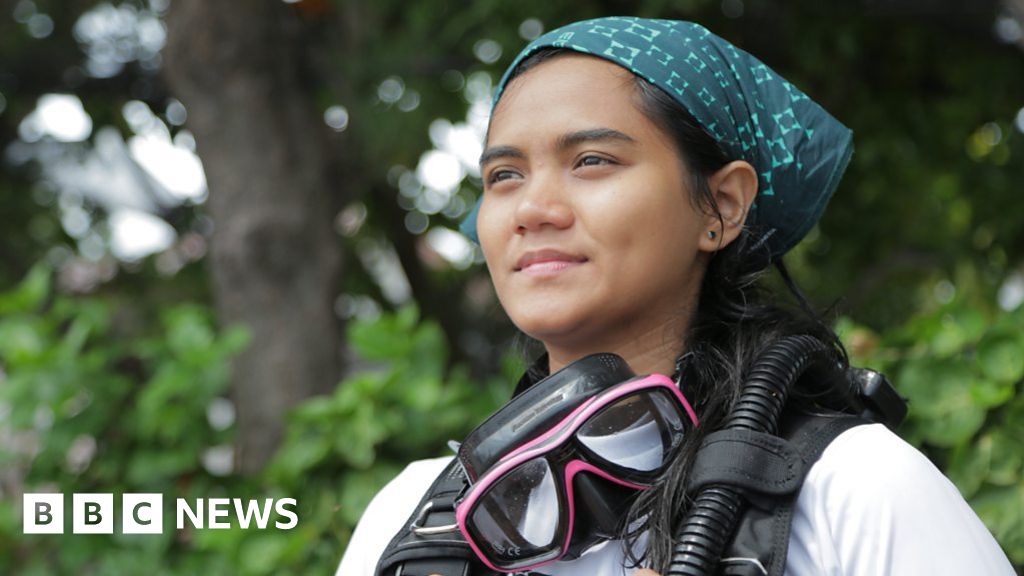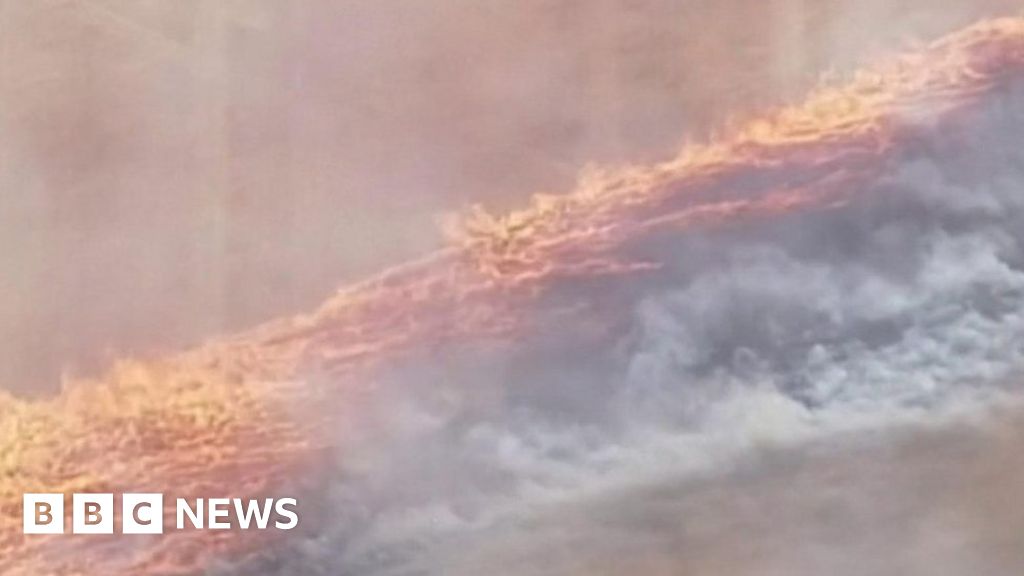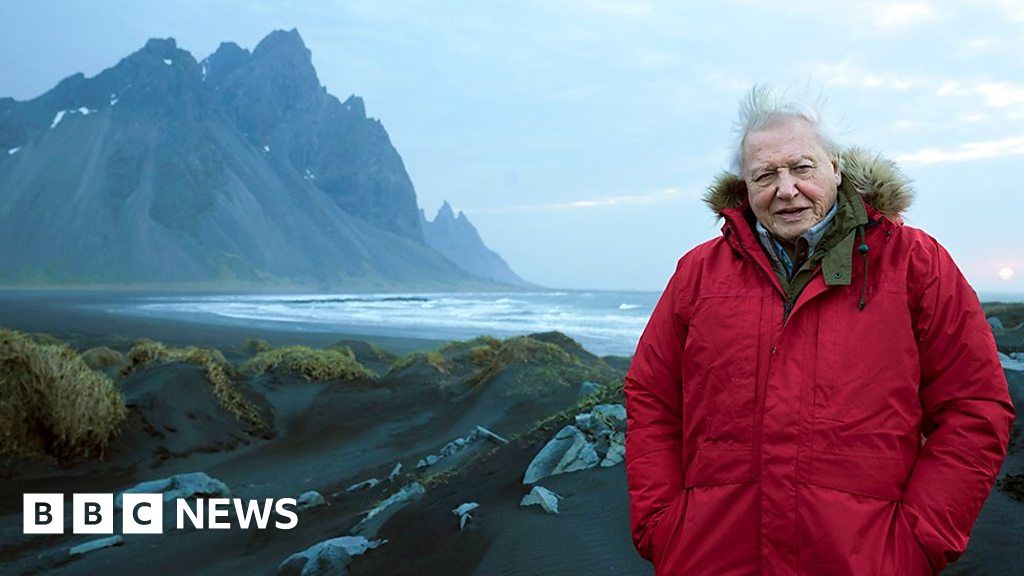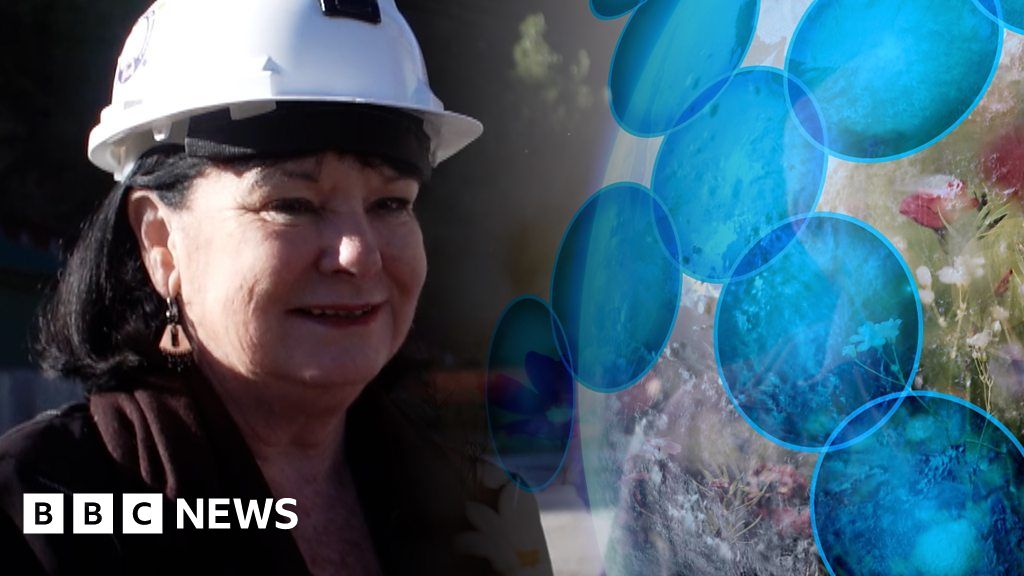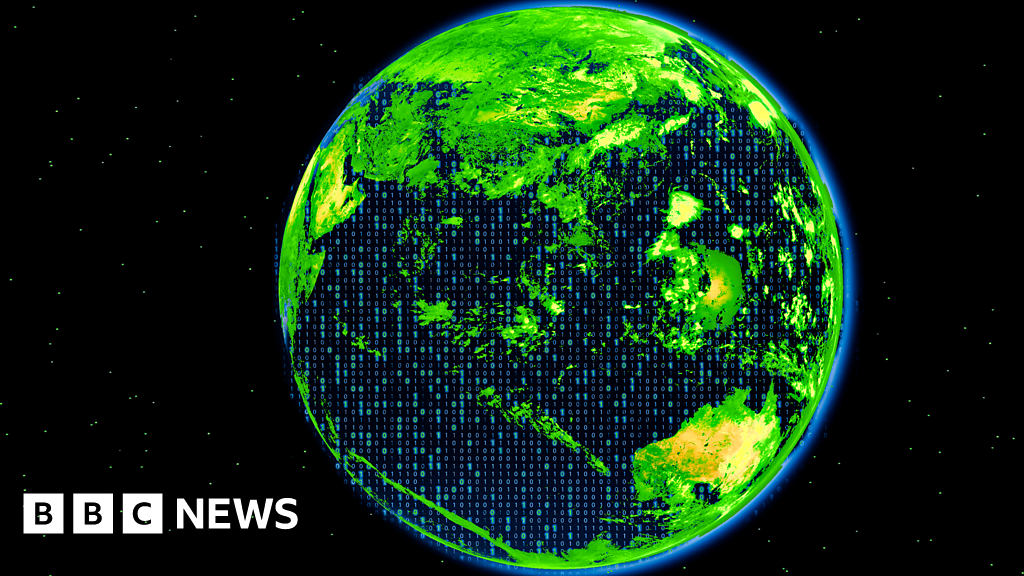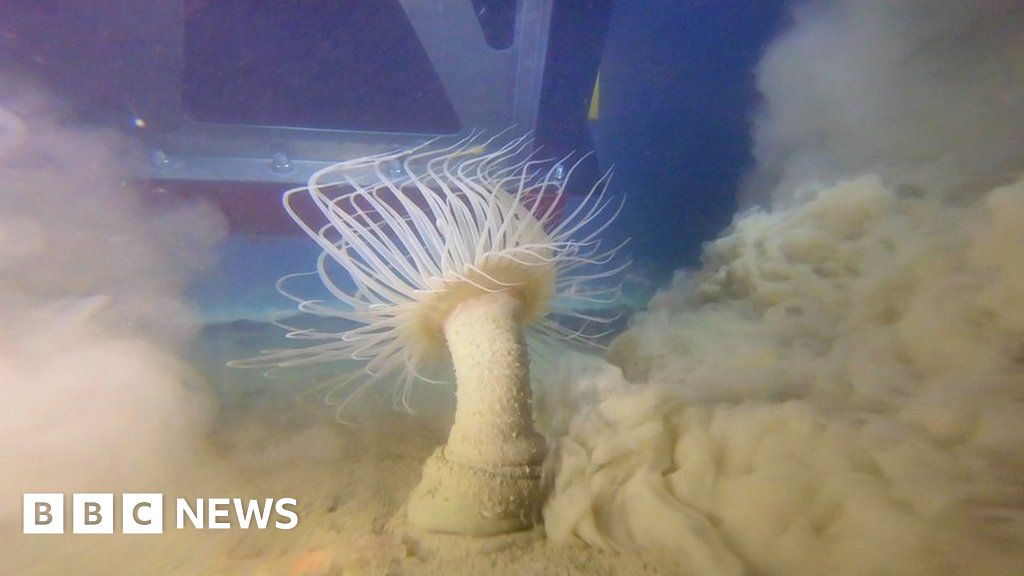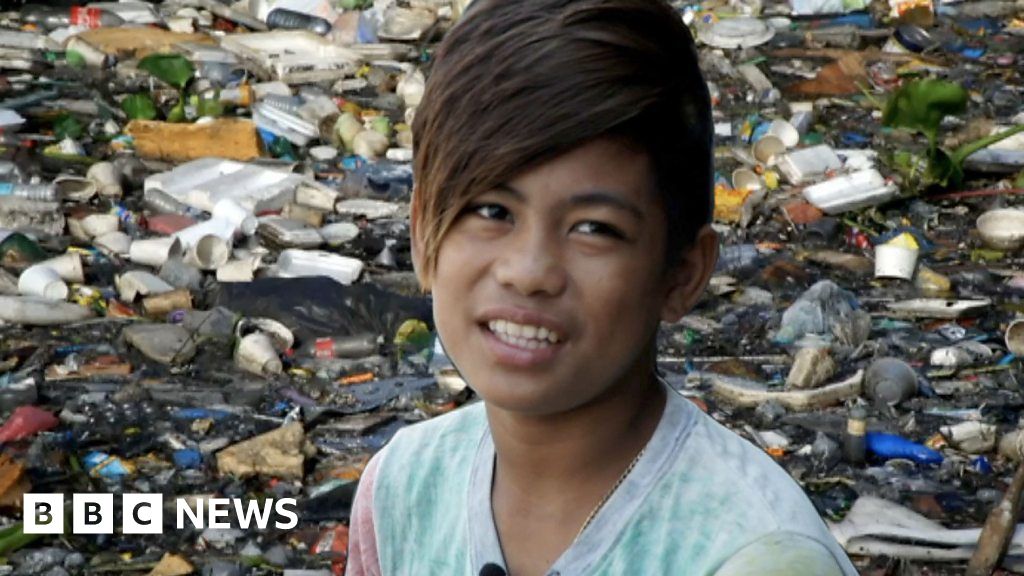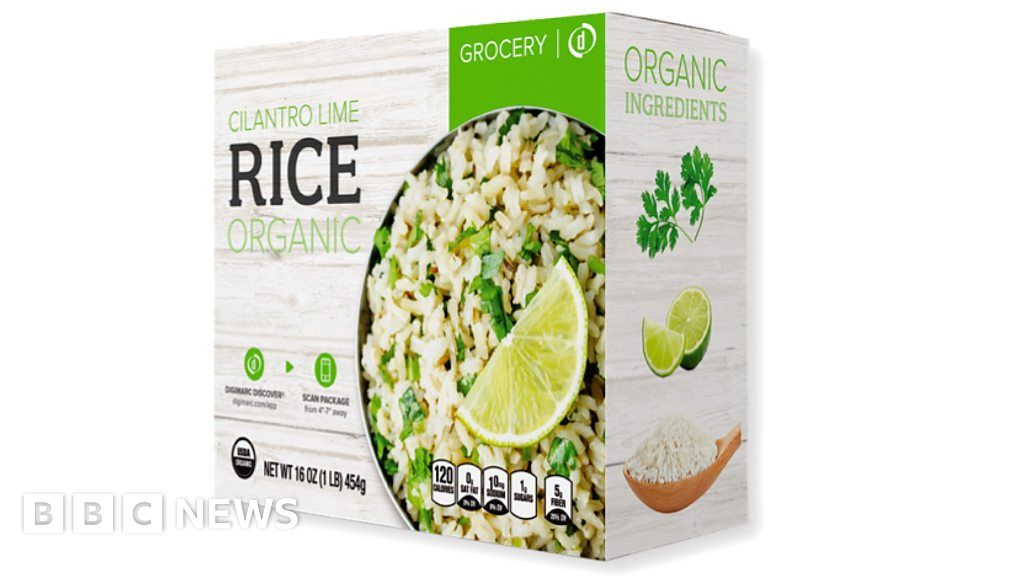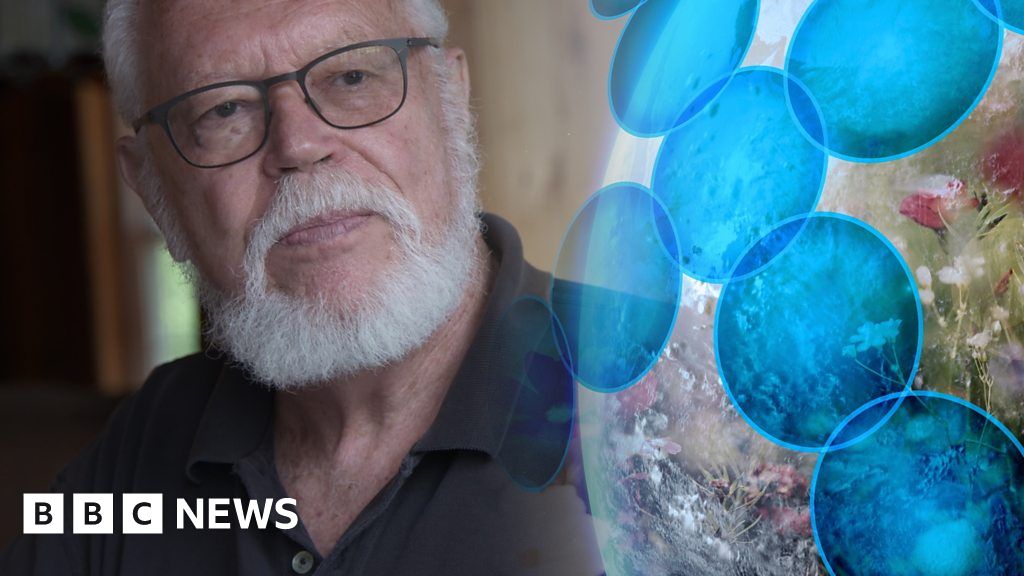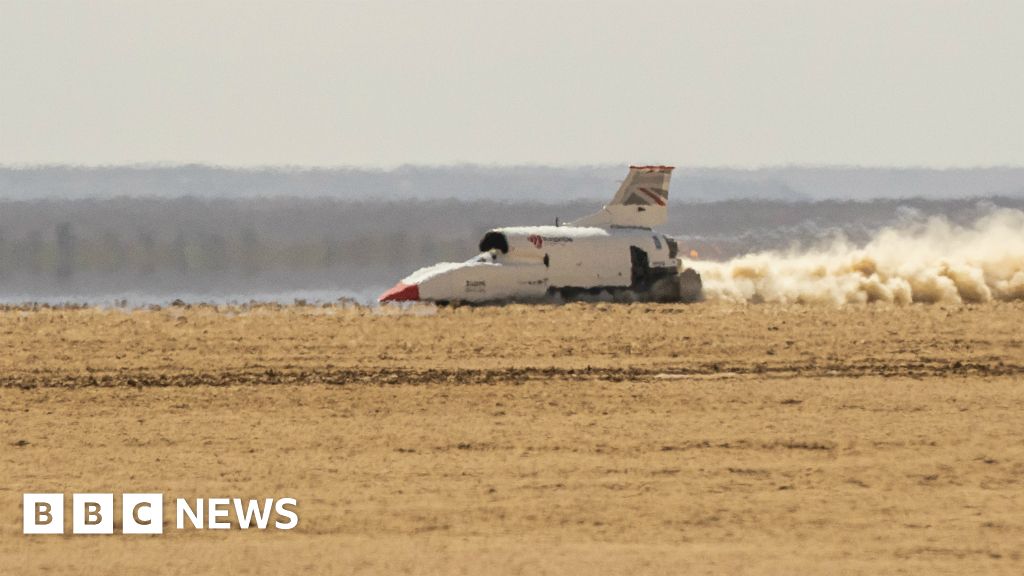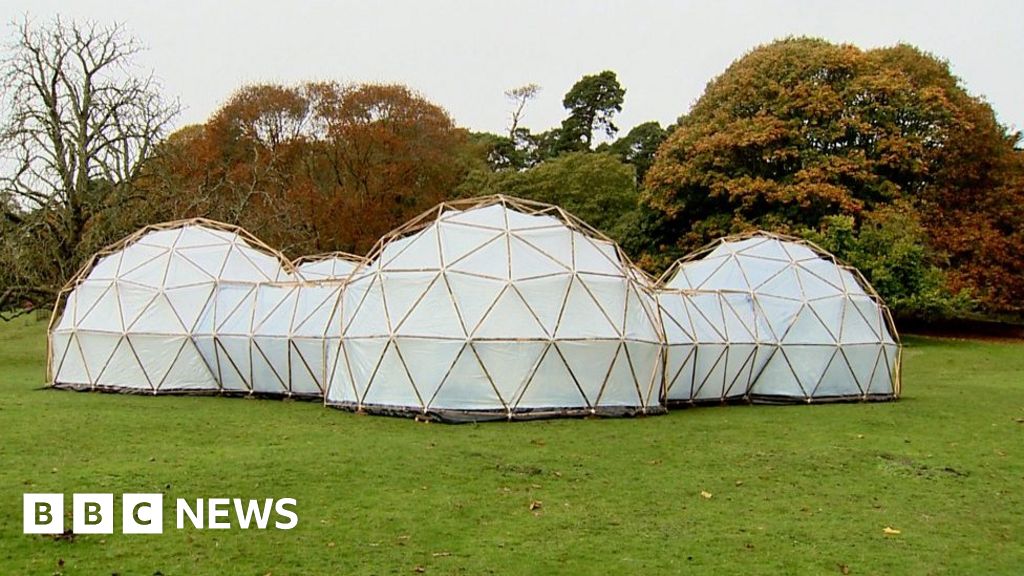As cities around the world grow, so does the demand for cement for the construction of homes and infrastructures.
However, there is a problem because cement production releases large amounts of carbon dioxide, which accounts for up to 8% of the world total.
Today, the leader of a cement company in India has succeeded in cutting its carbon emissions by 40% below the world average, and is aiming to become neutral carbon by 2040. Rajini Vaidyanathan, BBC, met with him.
Produced by Stephen Hounslow of the BBC, filmed by Ravi Lekhi and edited by Franz Strasser.
Climate Defenders is a series of five articles outlining who is leading the battle to protect the planet from rising temperatures.
Let's block the ads! (Why?)
